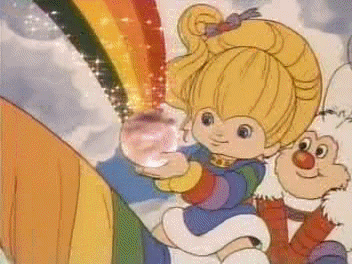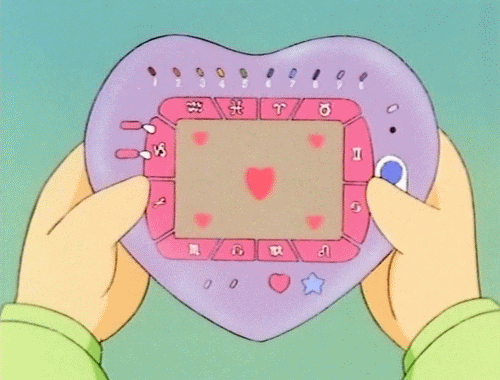If you have been looking for a compassionate therapist who advocates for you... I’m excited to share with you Natasha on our team! Find out what has been Natasha's journey like to becoming a therapist, areas she feels delighted to work with, and her current favourite resource!
What’s been your journey to becoming a therapist?
I have always played the role of the peacekeeper in both my biological family and in various friend groups growing up. I was the person people always came to, to talk with and to vent to. It’s a role I always felt comfortable in.
My journey to becoming a therapist however started in my first year of my undergrad where I originally started my BSc with the hopes of eventually being a dentist, however this changed after I did a work placement at the Edmonton Drug Treatment Court, which is an amazing program where people can get out of prison if they can prove their crimes were committed to feed their addiction. Individuals are then put into supportive housing, have a social worker, counsellor, probation officer and attend various groups and meetings and each week speak to a judge about the good they have done for themselves that week. I immediately knew after this week I wanted a career in the clinical counselling field and to specialize in both trauma and addiction.
Being an Indigenous individual I also wanted to help my community heal from intergenerational trauma and to help with the process of decolonizing therapy. As I have seen first hand the effects of intergenerational trauma and the trauma Indigenous people have faced from the medical system.
I am also someone who is on their own healing journey and I really credit my life to the amazing therapists I have had. This has allowed me to believe in therapy with my whole being and understand how life changing it can be which also added to my own journey of becoming a therapist.
What are some areas and topics you feel delighted to work with?
I work outside of private practice at both a men’s treatment facility and at an Indigenous Health Center and in those places I work mostly with Indigenous individuals struggling with addiction, trauma, anxiety and depression.
In private practice I work mostly with BIPOC and/or Queer Folx and we work on a variety of issues such as trauma, depression, anxiety, life changes, etc. However, some of my most favourite work is long term identity work with clients. Working long-term to really unpack and come to know oneself.
Do you have any tips for someone who is looking for a new therapist?
Definitely come with some questions to ask, my favourite is asking why the therapist got into the field. I also always remind potential clients to book a consultation as consultations are for the client to decide if they feel comfortable with the potential therapist as you feeling comfortable, safe and secure with them will allow you to have the most transformative experience!
Currently, what has been your favourite resource(s)?
My current favourite resource I have been telling all my clients and fellow therapists about is the book “The Pain We Carry” By Natalie Gutierrez, which is about healing from complex PTSD for people of colour (Linda highly recommends this book too!). I believe it needs to become a required reading for all therapists especially therapists who are white and working with BIPOC clients.












